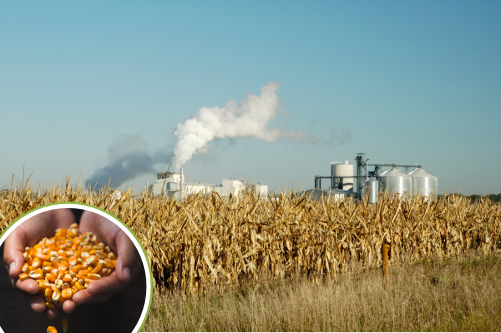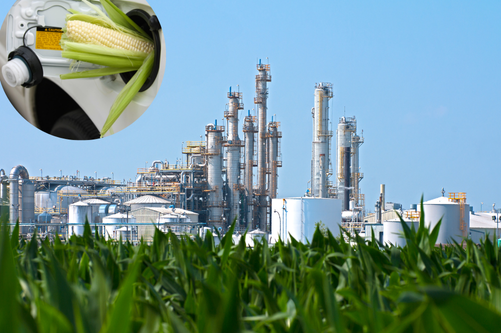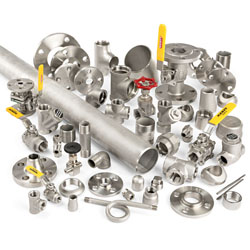
The United States continues to be the largest ethanol producer in the world. Together with Brazil, the United States comprises 80% of the global market. Countries such as the European Union, China, and Canada also play a role. By the end of 2025, the United States is expected to expand its contribution to this market to $136 billion.
The US continues to research markets in which they can grow ethanol exports. Through the US Grains Council, progress continues to be made as they develop markets and enable trade. Their mission is to ensure that US farmers are represented in every country desiring these products. With West Africa as a key focal for the US Grains Council, a trip to Nigeria was taken after the 2019 Global Ethanol Summit which resulted in Nigeria being the 14th largest US market. Nigeria imported $26 million/18 million gallons of ethanol in 2018/2019. Fast forward to 2019/2020, their demand has increased 182% with exports expanding to 20 million gallons (valued at $32.8 million). Other countries throughout the Middle East and Europe remain a focus to expanding US exports of ethanol. Collectively, these countries and Africa comprise 15% of US exports.
Despite the United States’ growth plans for ethanol, COVID impacted its forward momentum. The overall impact to ethanol plants included a shortage of associates, raw material shortages due to slowed production and wavering demand due to travel bans. Unfortunately, these factors led to many ethanol plant closings. In November 2020, it was reported that 2.5 billion gallons of annual ethanol production was idled. Today, most of the world has learned to live with the “new normal” in balancing COVID with the needs of their businesses. This acclimation to the pandemic has resulted in demand for ethanol to be on the rise. With vaccination distribution rampant, the industry is forecasted to return to 2019 levels of production.

Interestingly, despite the collapse of traditional ethanol production, the industry met its call to arms in the production of alcohol for hand sanitizer and supported the demand for dry ice to support the transport and storage of the vaccines at low temperatures.
There are growing concerns over the residual impact ethanol has on the environment. Studies have shown that the carbon dioxide emissions as a result of ethanol production are contributing to climate change. A company in Iowa is leading a $2 billion project to bury the carbon dioxide 10,000 feet underground as a compressed liquid. The goal is to transport this liquid via a piping system from the upper Midwest to North Dakota.

As many know, significant amounts of pipe, tube, and fittings are required for production within ethanol plants. While carbon steels have been used, Brazil has experienced greater success in their production of sugarcane ethanol by switching to stainless steel. Carbon steels experience frequent wear and corrosion issues. Type 304/L stainless steel has been used in areas in sugar plants where corrosion is severe and in applications such as cane juice extraction, steam generation process, cane juice treatment & evaporation process and in sugar milling. Types 304/L or 316/L are typically what distillation columns are made of; and Donnelly chutes are often made of 304/L.
Canada has also adopted the use of stainless steel in their search for higher quality product. Canada typically uses ASTM A312 (welded and annealed) in 304/L and 316/L; and they also specify ASTM A403 Class WP fittings.
Heat exchangers in ethanol plants use 326/L stainless tube and evaporators use tubing in 304/L and 316/L. Mixers traditionally are made up on 304/L but also 316/L. In addition, decanter centrifuges are mostly made up of 316/L. Processing pumps are mostly made from cast 316 (ACI CF8M) as well.
Aside from pipe, tubing and fittings, stainless steel valves are used in ethanol plants. As of December, 2020, there are 203 ethanol plants in the United States with a capacity of 17,510.00 million gallons of ethanol per year.
ACCESS STAINLESS STEEL FOR YOUR PROJECT NEEDS
Author: Kimberly Wallingford - Director of Marketing, Merit Brass Company
https://grains.org/global-ethanol-summit-leads-to-ethanol-exports-to-the-middle-east-africa-europe/
https://ethanolrfa.org/wp-content/uploads/2021/02/RFA_Outlook_2021_fin_low.pdf
http://www.ethanolproducer.com/plants/listplants/US/Operational/All/
https://www.researchandmarkets.com/r/p1cug9
Authored by: Kimberly Wallingford, Director of Marketing, Merit Brass Company.
2/6/2025 7:08:01 AM